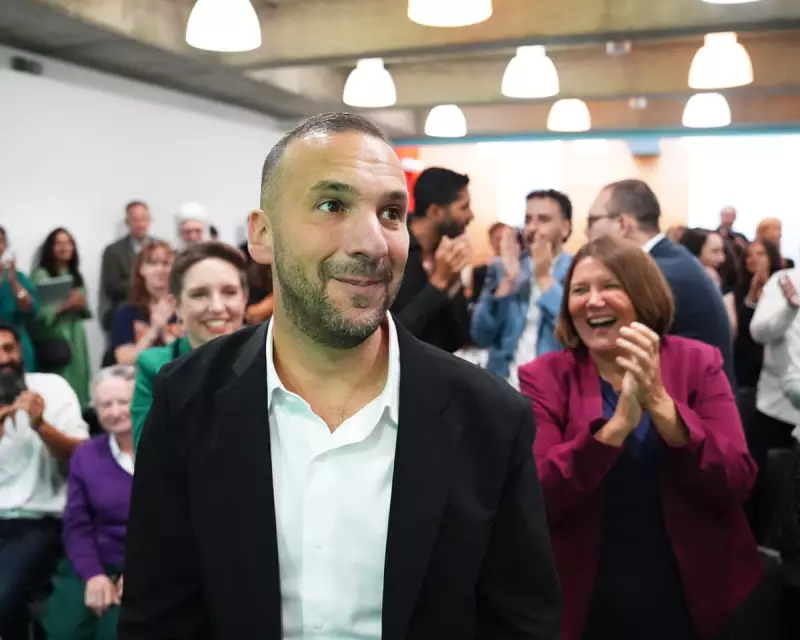
Westminster finds itself at the centre of a political storm today as the Green Party launches a bold challenge to Labour's employment policies, while the Conservative government presses forward with contentious new immigration legislation.
Green Party Takes Aim at Labour's Employment Agenda
The Green Party has dramatically escalated its criticism of the Labour government's approach to workers' rights, demanding more radical reforms than currently proposed. Party co-leader Carla Denyer declared that "incremental changes are no longer sufficient" in addressing what she described as "fundamental imbalances" in the UK's employment landscape.
Speaking at a press conference in London, Denyer outlined a series of demands that include stronger union rights, a significant increase to the minimum wage, and enhanced protections for gig economy workers. "The time for timid reforms has passed," she stated, positioning her party as the true champion of workers' interests.
Conservative Immigration Bill Sparks Controversy
Meanwhile, the Conservative opposition has unveiled details of its new immigration bill, promising what it calls "the toughest border controls in a generation." The proposed legislation includes measures to cap annual immigration numbers and strengthen enforcement mechanisms.
Shadow Home Secretary James Cleverly defended the proposals, arguing that "the British public expects and deserves a immigration system that is both fair and firmly controlled." However, critics have already raised concerns about the potential impact on key sectors of the economy that rely on overseas workers.
Political Battle Lines Drawn
The simultaneous developments highlight the increasingly complex political landscape facing the Labour government. With pressure coming from both the left and right, ministers must navigate competing demands while maintaining their legislative agenda.
Political analysts suggest the Green Party's aggressive stance represents a strategic move to distinguish themselves from Labour and appeal to voters who feel the government isn't moving quickly enough on social and economic reforms.
As Parliament resumes next week, all eyes will be on how these competing priorities shape the political debate and whether the government can maintain control of the narrative amid growing pressure from multiple fronts.





